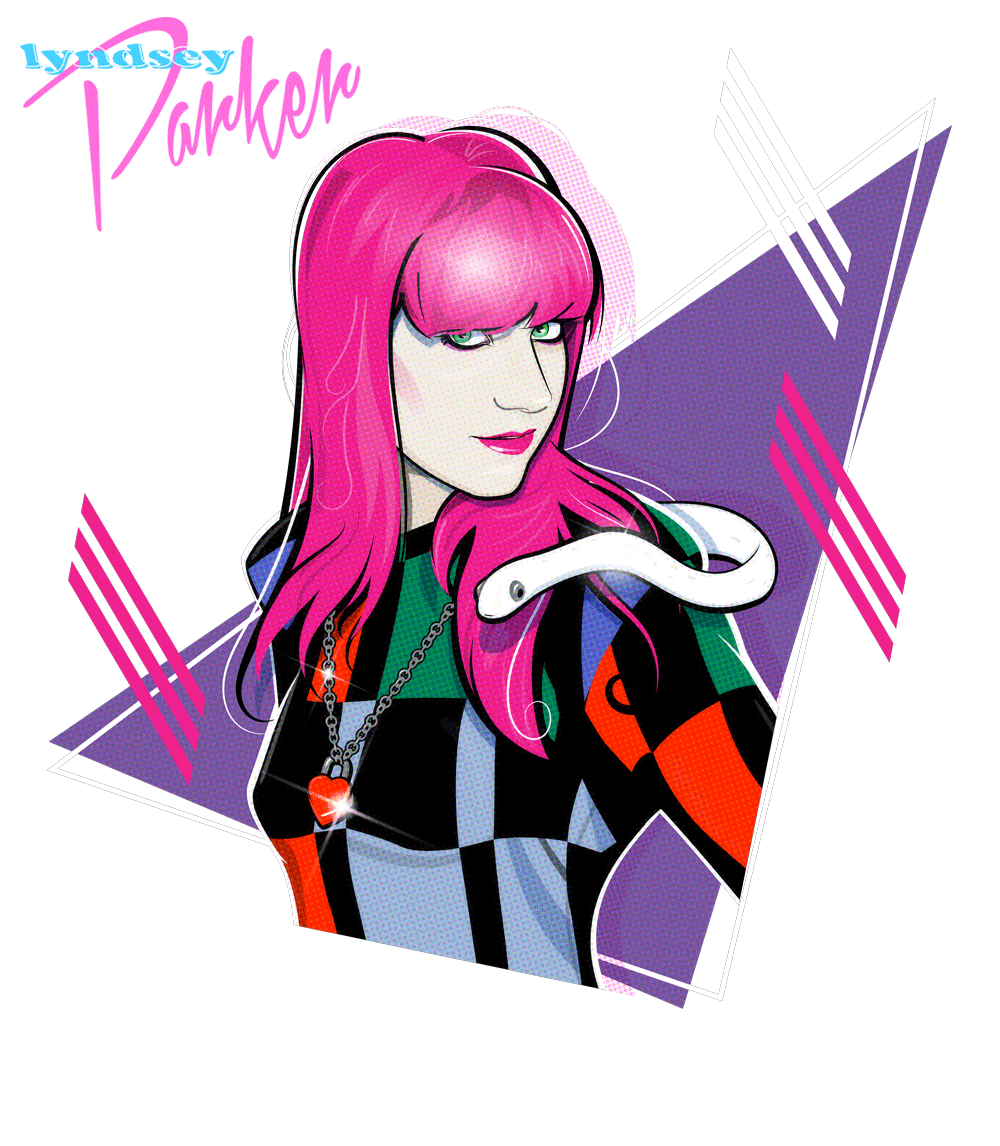“Heart’s always been sort of like a cockroach. You can set off a bomb, and it’ll still be alive underneath.”
So says Ann Wilson, the legendary rock goddess who founded Rock & Roll Hall of Fame inductees Heart with her guitarist sister, Nancy Wilson, 40 years ago. But now Ann is hitting the road alone, and she tells Yahoo Music, “We have no plans right now with Heart. We’re on creative walkabout. We’re both doing solo things this year… We need to let it breathe. We haven’t made any plans one way or the other.”
Ann is closed-lipped about discussing the specific, scandalous circumstances that led to Heart’s indefinite hiatus, but the details of the Wilsons’ recent family drama have been well publicized. During Heart’s tour last summer with Joan Jett and Cheap Trick, at a stop in the sisters’ home state of Washington, Ann’s husband, Dean Wetter, got into a violent altercation on the band’s bus with Nancy’s teenage twin sons. Wetter was charged with two counts of assault (one felony and one misdemeanor), and in March of this year he pleaded guilty to two non-felony assault charges in the fourth degree and was sentenced to two years’ unsupervised probation, individual counseling, group therapy, a ban on any alcohol or drugs, $3,000 restitution, and no contact with Nancy’s twins. At the time, Heart’s tour continued through October 2016, but backstage relations were understandably strained, and once the tour wrapped, the Wilson sisters went their separate ways.
While Ann’s “cockroach” comment implies that one day, Heart will rock again, for now the singer would rather focus on repairing her relationship with her sister, rather than repairing their band. “What Nancy and I are doing right now is we’re working on our friendship and on our sisterhood,” Ann tells Yahoo Music. “The band, that’s something else again. That’ll come and go and evolve and shape. But we’ll be sisters long after everything else is gone. So we’re working on our own relationship right now… Talking, letting water run under the bridge. Just cool down. Everybody chill.”
For now, Ann, who is 66 years old, is enjoying her creative time alone and making the most of it. “We’ve been sort of giving everything to [Heart] since we were in our early 20s,” she says. “That’s been the main focus of our lives. This is the first time we’ve decided to actually look away from it for a couple of minutes… I think that when and if Heart comes back together, in whatever form it comes back together in, it’ll be fresher.”
But, she adds, “it’s never going to be like it was before… We’re both individuals, with each other and without each other, so that’s a really cool thing.”
On her current solo tour, Ann is “maintaining that it’s not a Heart show,” playing only a few Heart tunes — “Alone,” “What About Love,” “Barracuda,” and “A Million Miles” — along with new originals and covers of songs by the Black Crowes, Peter Gabriel, and the Who. “So far I haven’t had anyone scream out ‘Magic Man’ or anything,” she insists with a laugh.
“Barracuda” is an obvious choice for Ann’s set. True, the song did take on an unwanted new life during the 2008 Republican National Convention, as the theme music for vice-presidential candidate Sarah Palin, aka “Sarah Barracuda” — resulting in the Wilson sisters sending a cease-and-desist letter to John McCain’s presidential campaign. (“It was like, gag me,” Ann grumbles now.) But Ann says the anthem — which was written to protest a misogynist publicity stunt by Heart’s 1970s label, Mushroom Records (the company spread a titillating rumor that she and Nancy were lovers) — has “stood the test of time for being a scree against something really sleazy and inauthentic, anti-equality. It’s always been the same. Now [music business sexism] is just out in the open more. It’s out in the sun now.”
As for whether it’s easier for female musicians now than it was when Heart first angrily recorded “Barracuda,” Ann says, “I for sure think the industry is more accepting of women now, different kinds of artists. Back when I started, you could either be a folk singer or you could be a disco diva, or you could be a secretary or maybe a disc jockey, but there was no room for anything alternative yet. There was also, I guess, a written rule at radio that you could only play one woman per hour… So if Joan Baez had a hit out, for instance, you were just out of luck until next hour. Or Donna Summer or something. So, yeah, things have changed an awful lot since then, but I think the basic things — some of the basic, most misogynistic things — have not changed.”
It’s interesting that Ann has chosen to sing 1985’s “What About Love” and 1987′s “Alone” on her solo tour, rather than, say, the aforementioned “Magic Man.” After all, Heart continued to struggle with the industry in the bittersweet ’80s — which was their most commercially fruitful period, but a time when they felt they had surrendered creative control in order to achieve mainstream success — and they have distanced themselves from their ’80s output in recent interviews.
“We had hit another crossroads where the music we came up with ourselves in the late ’70s and super-early ’80s was no longer being accepted by our record company,” Ann recalls. “They were just like, ‘No. That’s old stuff. This is what’s being played on the radio.’ So we had to choose whether we wanted our career to peter out, or we could play some songs written by other people that were radio-friendly. We chose to be on the radio at that time, and be on MTV and all that, and take that ride, and wear the clothes and the big hair and all that.
“I’ve never known another time where there’s been a lower premium set on female naturalness,” Ann continues with a chuckle, remembering Heart’s garish neon music videos of the era. “It was just so completely fake and phony, and that was the whole point of it… It was stilettos, shiny stretchy pants, corsets, fake nails, fake hair, fake lashes, everything fake… I remember what a pain it was to get into those outfits, especially when you took them away from the video set and out onto the live stage in the heat and stuff! Incredible costuming challenges.”
Heart survived and thrived after the ’80s (until recently, of course) by, Ann says, eventually staying true to themselves and “not jumping on trends. I think that’s what will be a suicide for a long career, is if you start going, ‘Well, hey, I’m going to wear a miniskirt this year, so that means I have to get leg implants to make them look good enough.’”
And speaking of body issues, Ann, a woman in entertainment whose fluctuating weight has been under scrutiny by the media and trolls for decades, still rues the fact that “to be a superstar, as a woman in rock, you have to be model-beautiful,” and she gets heated discussing the crazy body-shaming that Lady Gaga received after her Super Bowl performance this year. (“That drove me so crazy, I couldn’t even really look at it. I was just like, ‘Don’t even.’ Because she has so much more to offer than her physical self. She’s got ideas, she’s got an incredible voice, can write songs, can play, can dance, believes in a nonbullying world, in a forgiving world, and puts her weight behind it.”) However, she’s encouraged by the current body-positivity movement, saying, “That’s how acceptance starts, is by people just going, ‘No, we’re not going to do that. We’re going to just let women be natural and have that be OK.’ But that is a salmon-swimming-upstream ideal.”
It’s unclear what the future is for “women in rock” — or rock musicians in general, since rock ’n’ roll has been declared “dead” for years now, and the charts are dominated by pop and urban artists. But Ann, who cites Muse as her favorite current rock act, isn’t worried. Thirty years after Heart’s 1980s heyday, and roughly a year after breaking away from the group that made her famous, she doesn’t mind being outside the mainstream anymore.
“Rock evolved out of rebellion, so when you turn on the Billboard Awards or something like the Grammys and there’s no rock on there, that’s a good sign — because that means that rock is not welcome inside of a pop format. That’s where [rock] belongs, is outside of a pop format,” Ann explains. “[Rock is] a little rebellious, a little bitter pill for the pop world to swallow. It’s supposed to be anti. It’s supposed to be small and vital and hot-blooded.”
As for the future of Heart, Ann shrugs. “What’s important to me is love, especially that. What’s important to me is growing and evolving. But ultimately, what’s important to me is being real and being authentic. I’ve spent enough time in my life holding poses, playing roles… I think coming up with new songs that are real and relevant to this moment is what I’m about.”
Follow Lyndsey on Facebook, Twitter, Instagram, Google+, Amazon, Tumblr, Vine, Spotify
This article originally ran on Yahoo Music.







